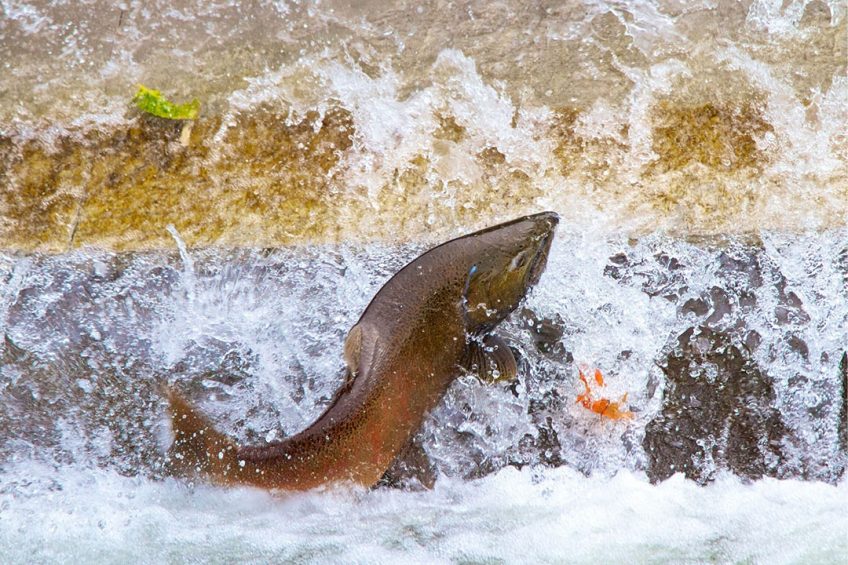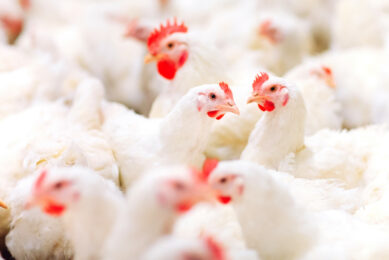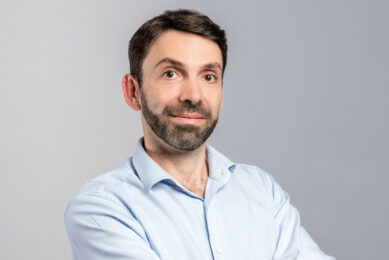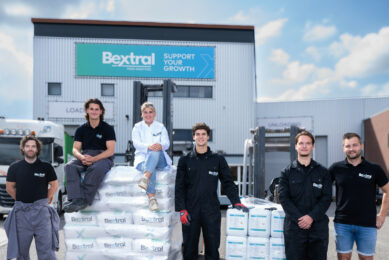Russia adjusts feed additive ban to help fish industry

The Russian veterinary watchdog Rosselhoznadzor had to partly remove veterinary restrictions introduced against European aquafeed after several business unions warned they could cause a supply chain collapse in the fish industry.
Rosselhoznadzor imposed temporary restrictions on the supply of feed and feed additives imports from Denmark on October 27, 2021, claiming that recent inspections revealed “improper control by the Danish regulator over the companies selling feed products to Russia.”
Fish companies protest against ban
The decision sparked protests among Far Eastern fish companies and hatcheries, who warned that this decision could hurt not only fish farmers but also hatcheries.
Dependent on Danish aquafeed
Kirill Proskuryakov, head of the Association of salmon hatcheries of the Sakhalin region, for example, told to the local news outlet FishNews that all regional salmon hatcheries were dependent on the Danish aquafeed, primarily supplied by one company – Aller Aqua.
Russian salmon hatcheries experiencing feed shortages
As of early November, Russian salmon hatcheries had only 116 tonnes of aquafeed, while their needs for the 2021-2022 breeding season were estimated at 350 tonnes.
There is no alternative to the Danish aquafeed
Action needs to be taken now before it’s too late
“There is no time to wait until the restrictions are lifted: the production cycle of our Danish suppliers is built in such a way that feed is produced exclusively for specific customers,” Kirill Proskuryakov said.
There is no alternative to the Danish aquafeed, Proskuryakov said, stressing that the Far Eastern fish companies have imported aquafeed from Denmark for the last 20 years.
“We buy feed that the salmon juveniles can consume at extremely low temperatures of 2-3°C. Other producers have focused on the salmon species fed at higher temperatures,” Proskuryakov said.
Losses could reach US$90 million
In total, 68 salmon fish hatcheries operate in the Sakhalin region, but only 25 have enough feed to work through the upcoming season. He estimated that if the issue is not solved fast enough, the regional fish business’s losses could reach 6.3 billion ($90 million) per year.
Future salmon reserves at risk
The losses are expected to be so high because the Far Eastern hatcheries work not only with fishermen but also to replenish wild salmon reserves. Annually, about 1 billion units of salmon broodstock are being released in the Sakhalin Island alone into the natural environment. Salmon always returns for spawning, allowing the Far Eastern Fishermen to catch around 450,000 tonnes of wild salmon per year.
Salmon hatcheries in the Sakhalin Oblast play a special role in ensuring the return catches of salmon, said Ivan Radchenko, head of the regional fisheries agency.
Ban adjusted
Following the appeal from the Sakhalin fish business supported by the regional government, Rosselhoznadzor exempted several companies from the newest restrictions, including Aller Aqua, from November 3, promising, however, that the incoming supplies would be subjected to enhanced laboratory control.











